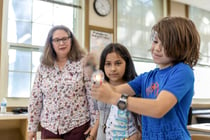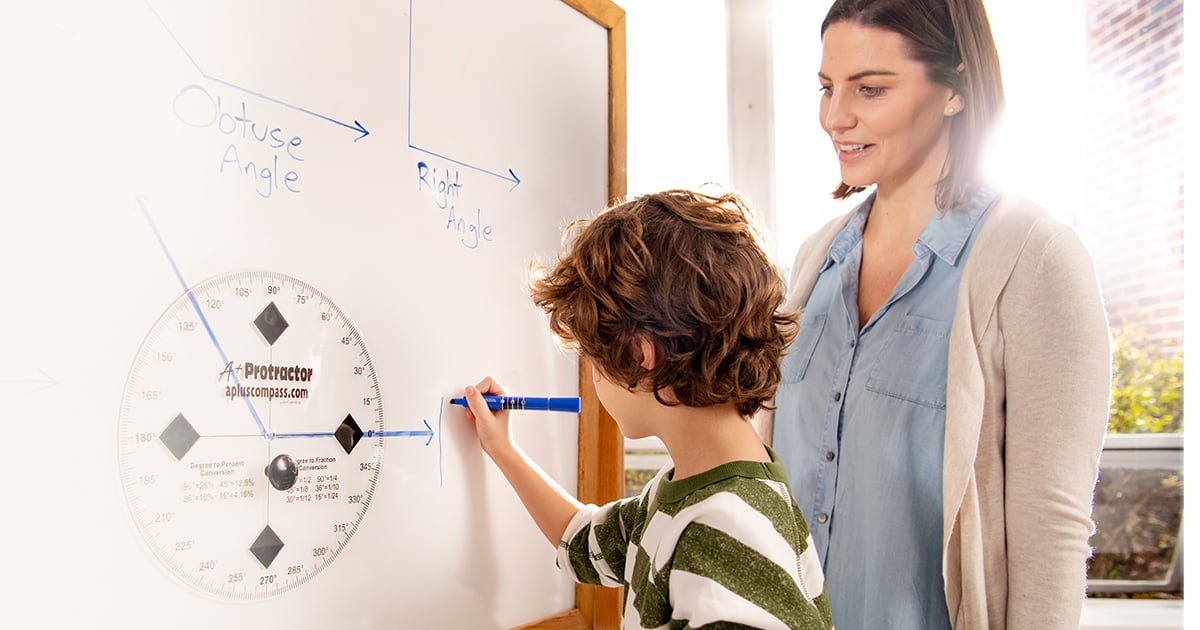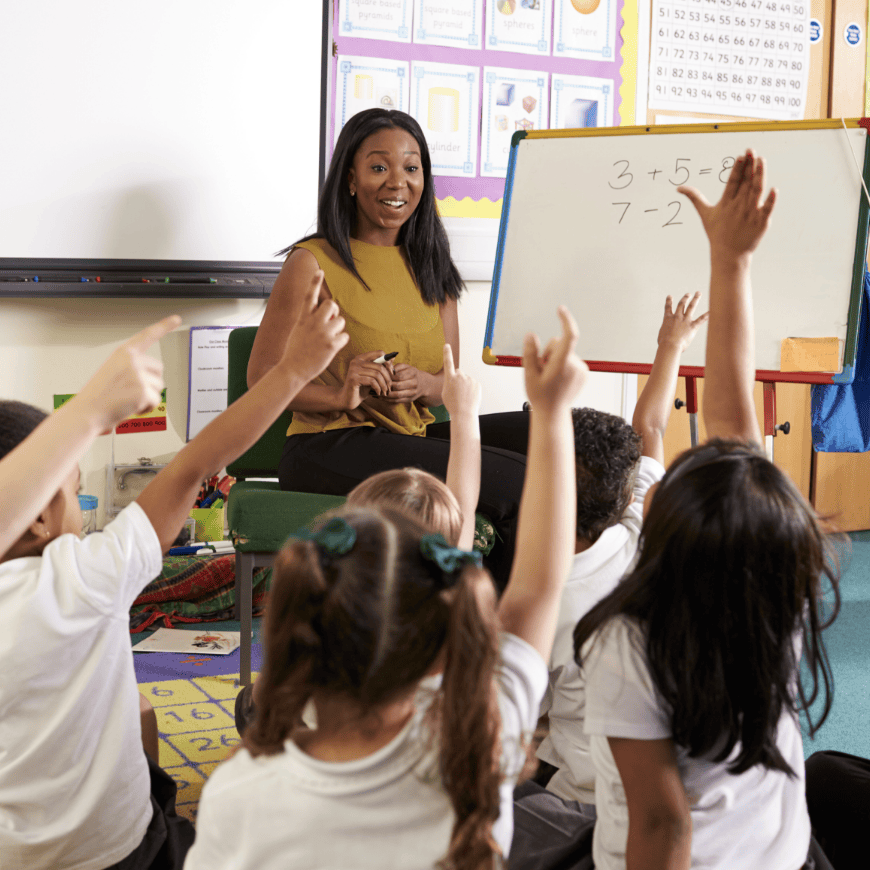Posted in: Aha! Blog > Eureka Math Blog > Implementation Support Data Stories Student Achievement > Eureka Math® Helping Students and Teachers Improve in Portales, NM
Students in Portales, New Mexico are making significant strides in math, and educators say Eureka Math® is a key factor. The district rolled out the curriculum during the 2015–2016 school year in 5th and 6th grades. By the end of that year, students posted major gains on the PARCC math assessment. With this evidence of success, and enthusiasm from teachers and students about the new math curriculum, the district decided to expand Eureka Math to 7th and 8th grades in 2016–2017.
To learn more, we talked with David Van Wettering, Assistant Superintendent of Instruction for Portales Municipal School District; Melanie Skinner, Assistant Principal at Lindsey Steiner Elementary School, which serves the district’s 5th- and 6th-grade students; 5th-grade teacher Shayne Lopez; and 6th-grade teacher Dr. Tammie Cox. Below are excerpts from that conversation.
WHAT MADE YOU TURN TO EUREKA MATH?
DAVID VAN WETTERING: We got started with Eureka Math in Portales because, basically, we needed to do something different with our math program, as we didn’t like our results. We had a teacher who received some training on Eureka Math through a fellowship program and shared it with her fellow 5th and 6th grade teachers who all jumped on board.
The teachers felt good about Eureka Math really from the start. They felt like their kids were asking better questions and were better able to understand the content. Students showed improvement on short-cycle assessments, as well as on PARCC. Fifth-grade scores the previous year were 14.7 percent meeting or exceeding expectations and then we jumped to 26.1 percent, an 11 percentage point gain. In the 6th grade, it went from 20 percent meeting or exceeding expectations to 27.1 percent, a 7 percentage point gain. This is compared with only a 5% and 1% point gain in the state.
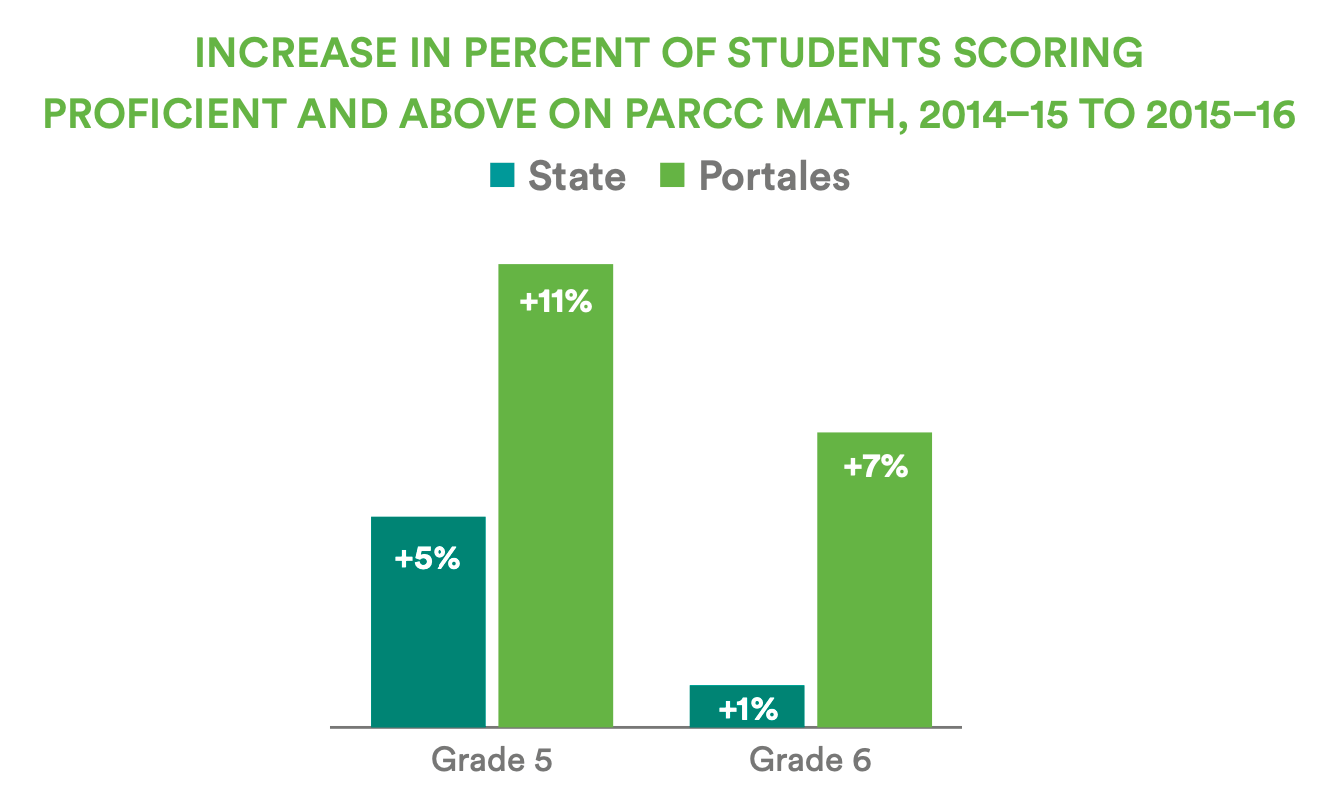
5th grade had been below the state average for the six years prior to implementing Eureka Math. The teachers are really grateful to have kids performing above the state average now. It’s not that the teachers didn’t work hard. There was a disconnect between their hard work and the results. But with the core teachers remaining the same, our teachers were able to more effectively help our kids learn math.
HOW IS EUREKA DIFFERENT FROM PAST CURRICULAR RESOURCES YOU’VE USED?
SHAYNE LOPEZ: The previous curriculum wasn’t rigorous enough. It wasn’t asking the kids to think in depth at all, or even asking them to think about how the math works. It was just basically teaching algorithms, this is what you’re going to do and don’t ask why you’re doing it.
With Eureka, right from the beginning you could tell the differences in the students’ level of understanding. They were asking more questions about why something works rather than just wanting the steps to a process or an algorithm. That was very encouraging.
WHAT WAS THE TRANSITION TO EUREKA LIKE FOR TEACHERS?
SHAYNE LOPEZ: For a few of our teachers, it was about learning the math again for themselves and understanding how and why you do things – so having to do the lessons like they were a student before teaching a lesson to children and asking each other questions. It is more difficult to prepare for lessons that are taught in this manner than it is to get up there, teach a concept and have students practice it 20 times or so. You have to be able to anticipate what the kids’ reactions are going to be and what misconceptions there are. Are they going to have similar issues as you did when you did the lesson? You have to be mentally prepared to take on those issues. It does take some time to prepare for a lesson than the typical lesson. But we aren’t spending nearly as much time this year prepping for a lesson as we did last year, because we understand and trust the program.
DR. TAMMIE COX: We had a few teachers who were hesitant. One teacher was afraid because she didn’t see herself as a math teacher. She didn’t have the confidence in herself at that point. We saw her confidence as a teacher grow over the year. Light bulbs went on, not just for the kids but for her as a teacher.
WHAT WERE SOME OF THE FIRST-YEAR IMPLEMENTATION CHALLENGES, AND HOW IS THIS YEAR DIFFERENT FROM LAST?
SHAYNE LOPEZ: It seems like the first year you’re implementing something new like this, time passes very quickly and it’s harder to get everything done in one class period. But once I got the hang of things, and certainly by the second or third module within the curriculum, I was pretty much able to deliver the Eureka instruction within a 45-minute period and then move the students into centers so that we could differentiate instruction.
DR. TAMMIE COX: This year, the sixth graders have already been through Eureka as fifth graders, so we’re not having to fill the holes this year that we were filling last year. We are able to more easily get through the lesson and really meet the students’ needs with the program. And the junior high school teachers are reporting that they have never seen kids as prepared at the 7th-grade level as the group who had Eureka last year.
WHAT ARE YOU MOST PROUD OF AS A TEAM?
DR. TAMMIE COX: While we all had challenges at times, as a team we found a new trust with
each other as we became comfortable emailing, calling, or walking into our colleagues’ classes for clarification as needed. Our scores were great, but the fact that we grew professionally and prepared our students better for the following grade is an even bigger accomplishment.
Submit the Form to Print
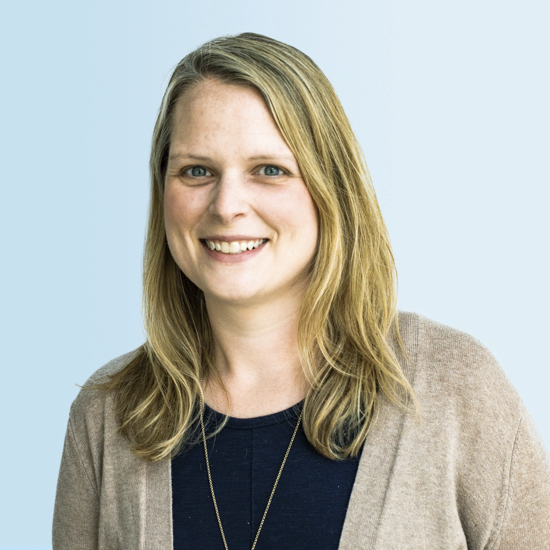
Jenny Taylor
Jenny has over a decade of experience in education policy and research. She has worked with states and districts on the development and implementation of college and career readiness policies, especially around the implementation of rigorous standards and high-quality instructional materials. She has extensive knowledge about K–12 standards, graduation requirements, assessments, and accountability systems nationwide. Additionally, she has conducted research for school districts to address pressing needs in those districts. Jenny received her B.A. in English and education from Bucknell University and her M.Ed. in education policy from the University of Pennsylvania Graduate School of Education.
Topics: Implementation Support Data Stories Student Achievement

